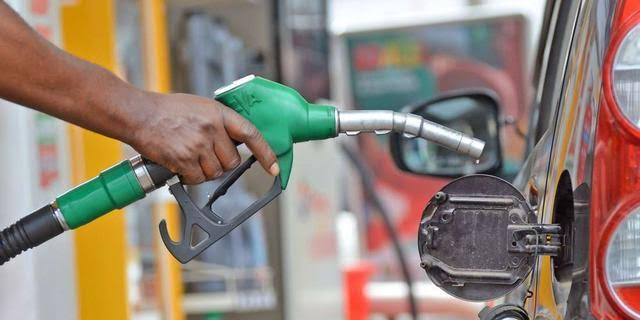EXCITING NEWS: TNG WhatsApp Channel is LIVE…
Subscribe for FREE to get LIVE NEWS UPDATE. Click here to subscribe!
The Nigerian National Petroleum Company Limited (NNPC Ltd.) has clarified that it has not paid fuel subsidies to any entity for the past nine years.
This statement was made by Umar Ajiya, the Chief Financial Officer of NNPC Ltd., on Monday, August 19, during an address to the press.
Ajiya emphasized that the company’s financial dealings regarding Premium Motor Spirit (PMS) have been limited to addressing importation shortfalls between NNPC Ltd. and the Federation.
He firmly denied that any subsidies had been paid to marketers or other entities, stating, “In the last eight to nine years, NNPC Ltd. has not paid anybody a dime as subsidy.
No one has been paid a kobo by NNPC Ltd. in the name of subsidy.” Advertisement – 6 He further explained that NNPC Ltd.’s role in PMS importation involves managing the difference between the landing cost of the fuel and the price mandated by the government for sale within the country.
This difference, referred to as a “shortfall,” represents the gap between the actual cost of importing PMS and the reduced price at which it is sold domestically.
“The NNPC Ltd. has only been importing PMS, which has been landing at a certain cost price, and the government mandates us to sell it at half price,” Ajiya noted. He added, “So the difference between the landing price and that half price is what we call a shortfall. The deal is between the Federation and NNPC Ltd., to reconcile, sometimes they give us money, so there is no money exchanging hands with any marketer in the name of subsidy.”
This clarification comes amid ongoing discussions and concerns about the status of fuel subsidies in Nigeria, as the country continues to grapple with the economic implications of subsidizing fuel prices.
This difference, referred to as a “shortfall,” represents the gap between the actual cost of importing PMS and the reduced price at which it is sold domestically.
“The NNPC Ltd. has only been importing PMS, which has been landing at a certain cost price, and the government mandates us to sell it at half price,” Ajiya noted. He added, “So the difference between the landing price and that half price is what we call a shortfall.
The deal is between the Federation and NNPC Ltd., to reconcile, sometimes they give us money, so there is no money exchanging hands with any marketer in the name of subsidy.” This clarification comes amid ongoing discussions and concerns about the status of fuel subsidies in Nigeria, as the country continues to grapple with the economic implications of subsidizing fuel prices.
